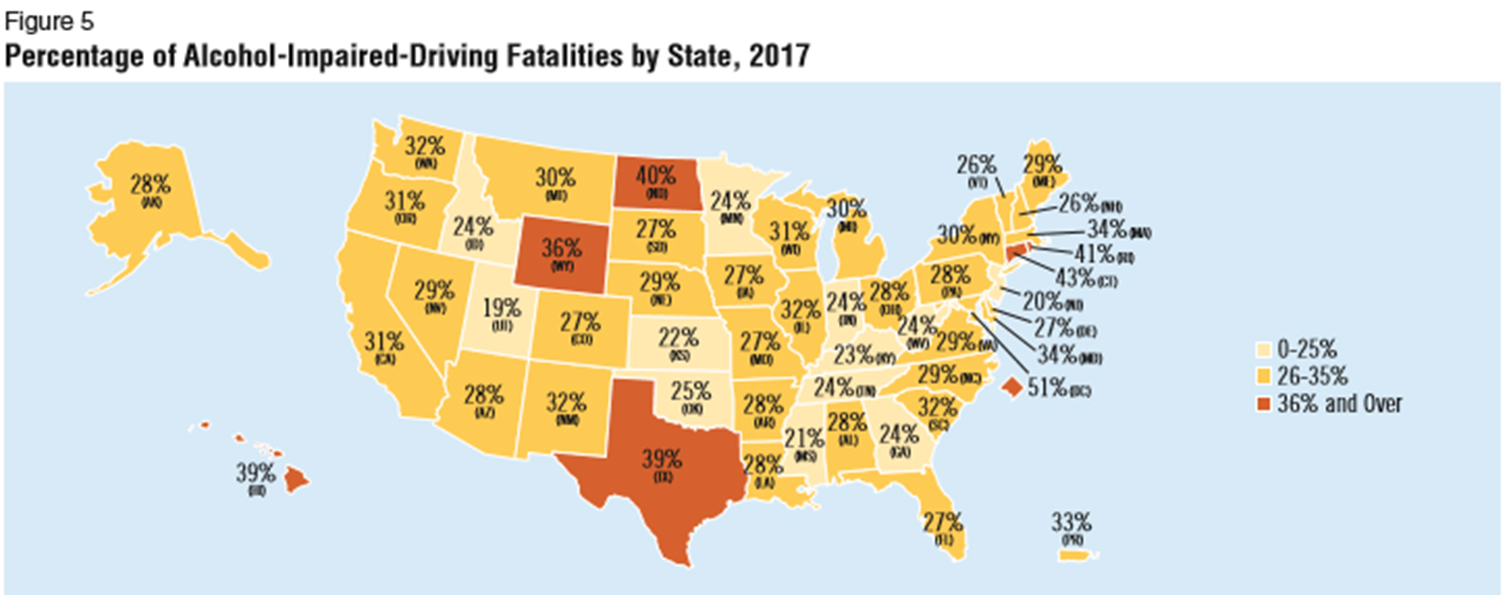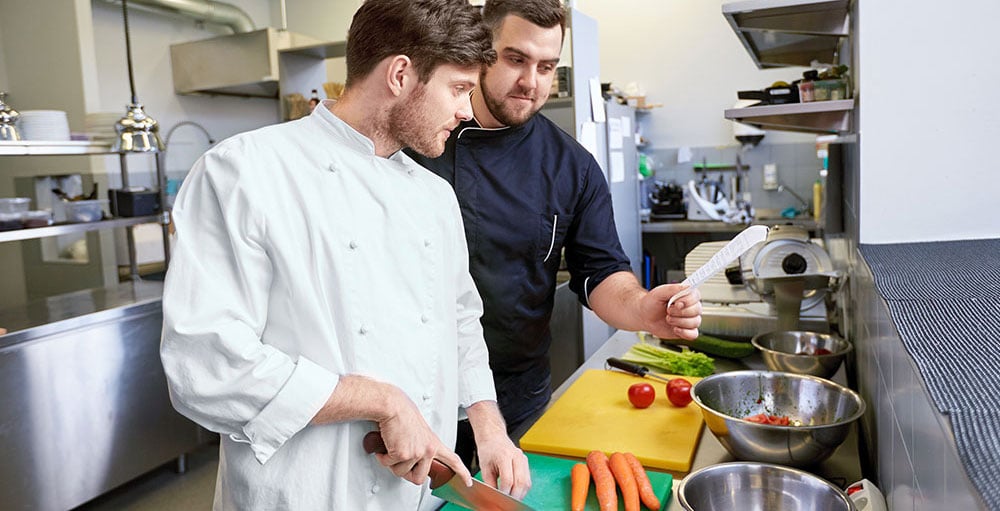Make Your Resume Stand Out with a florida food handlers license
Make Your Resume Stand Out with a florida food handlers license
Blog Article
Increase Your Work Opportunities: Why a Food Trainer Certificate Is a Must-Have in the Culinary Industry
In today's affordable cooking landscape, the importance of a food trainer certification can not be overstated. As restaurants and food solution facilities increasingly prioritize certified personnel, specialists geared up with this accreditation stand to obtain a considerable advantage.
Value of Food Security
In the cooking sector, the relevance of food safety and security can not be overemphasized. Polluted food can lead to major health issues, consisting of foodborne ailments, which can impact individuals and lead to significant responsibility for food facilities.
Food security encompasses a range of treatments, consisting of proper food handling, storage space, food preparation, and serving techniques. Sticking to these methods not only lessens the danger of contamination but additionally assists in following local wellness guidelines. Proper training in food safety and security allows culinary experts to recognize potential hazards and apply safety nets properly.
Additionally, a solid commitment to food safety and security can improve the credibility of a culinary facility, fostering consumer loyalty and organization growth. Customers are significantly aware of food safety and security issues, making it crucial for food handlers to demonstrate their adherence to ideal techniques. Ultimately, focusing on food safety and security is not just a governing requirement; it is an essential facet of offering quality food solution and protecting the wellness of consumers.

Certification Demands
Food security techniques are just as reliable as the individuals implementing them, making accreditation a crucial action for food trainers in the cooking sector. To get a Food Handler Certificate, candidates should commonly finish a training program that covers vital topics such as foodborne health problems, hygiene, individual health, and secure food taking care of strategies.
Most qualification programs are designed to accommodate various learning styles, providing options for online, in-person, or hybrid formats. Individuals must pass an evaluation to demonstrate their understanding of the material, with a minimal passing rating usually established at 70%.
The period of training can vary, with some programs requiring just a few hours, while others might prolong over a number of days. After effectively completing the course and examination, candidates receive their certification, which is generally legitimate for 3 to five years, depending on regional policies.
Renewal often entails taking back the program or completing a refresher program to make certain that food handlers remain upgraded on the most up to date practices and standards. Conformity with these accreditation requirements not just enhances specific understanding but additionally adds to the overall safety and security and top quality of food service operations.
Task Market Need
Just how has the job market for food trainers progressed over the last few years? The need for food handlers has considerably increased, mainly driven by the growing recognition of food security and health among customers and regulative bodies. With the surge of foodborne health problems, restaurants, catering solutions, and food production firms are prioritizing the hiring of certified food trainers to guarantee conformity with health guidelines. This shift has actually led to an increased emphasis on food safety and security training and accreditation as requirements for employment in the cooking industry.
Moreover, the broadening dining establishment industry, particularly with the introduction of food shipment services and food vehicles, has actually developed a wealth of work possibilities for food handlers. The need for competent employees that can safely prepare and handle food has ended up being critical. servsafe food handler certificate. On top of that, as culinary companies take on a my explanation lot more rigid security methods, the worth of a food handler certification has actually climbed, making it a vital asset for job candidates
Therefore, people entering the culinary labor force are discovering that getting a food trainer certificate not just improves their employability but additionally places them favorably in an affordable work market that significantly focuses on food safety and hygiene criteria.
Benefits of Certification
Obtaining a food handler certificate uses numerous advantages that substantially improve a specialist's standing in the cooking sector. First and primary, it demonstrates a commitment to food security and hygiene, which is paramount in preventing foodborne health problems. This accreditation outfits people with necessary knowledge relating to secure food managing methods, consisting of correct storage, cooking temperature levels, and hygiene procedures
Furthermore, possessing a food handler certification can enhance a site link person's employability. Several companies focus on candidates with this accreditation, viewing it as a sign of professionalism and expertise. This can result in much better task possibilities and potentially higher wages, as qualified people are often left with greater responsibilities.
Moreover, the certification promotes a culture of safety and liability within the workplace. Preserving a food trainer certificate can open doors to further educational and career advancement possibilities within the culinary area. servsafe food handler certificate.
Actions to Get Licensed
Acquiring a food trainer certification involves a straightforward process that can establish people on a path to enhanced job leads in the cooking industry. The first action is to locate an accredited program or training service provider that provides food safety and security great site programs. Many organizations supply both in-person and on-line choices, permitting flexibility in knowing.

After successfully passing the exam, individuals will obtain their food trainer certificate, which is usually legitimate for a certain duration, generally 3 to 5 years. To preserve certification, it might be essential to finish correspondence course or retake the exam before the expiry date.
Last but not least, it is essential to verify any kind of neighborhood or state-specific guidelines pertaining to food handler accreditation, as demands can differ. By following these actions, people can get their certification and substantially enhance their employability in the competitive cooking landscape.

Verdict
In conclusion, getting a food handler certificate is vital in the cooking industry, as it ensures adherence to food safety and security requirements and enhances employability. With the growing need for certified workers, this credential not just opens up doors to task opportunities yet also contributes to job improvement and raised earning potential. Eventually, a food trainer certification represents a dedication to safety and expertise, cultivating a culture of liability that benefits both staff members and companies in the food service field.
Report this page